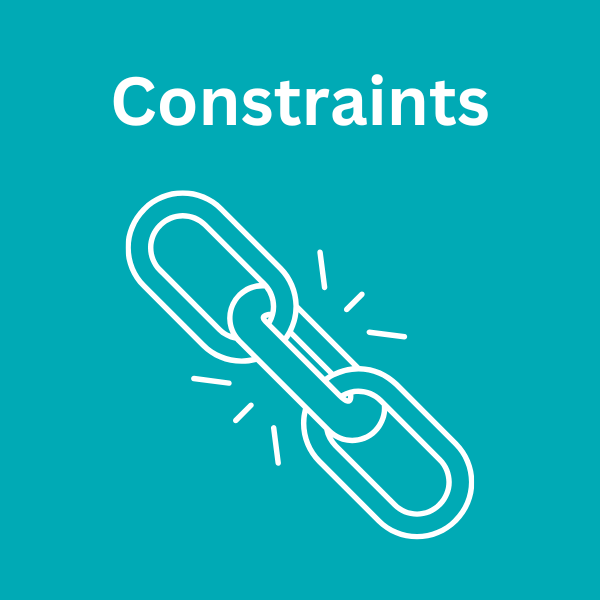Business Plan
It is vital that you take the time to slog through the process of producing a business plan. Firstly, it will force you to consider your proposal in detail, writing the plan will highlight potential flaws, and challenge assumptions. It will allow you to share your ideas with trusted advisors, providing an opportunity for valuable feedback. And if you’re seeking support from family, friends, or investors, it will allow them to make an informed decision.
- Business Model – Draw a simple diagram that explains how your business works. What are you selling, to whom, for how much? How will you package and deliver your product? What inputs do you need? What systems and resources are required? What assumptions are you making. How confident are you that these assumptions are correct?
- Business Plan – Combine all the answers to the above questions into a simple document. Add some simple financial plans, including a start-up budget, and profit and loss statement (P & L). The start-up budget will give you an idea of how much you will need to get your idea off the ground. The P & L will summaries your anticipated income and expenses and show you whether your proposed business will generate a profit. Test the financial models with different assumptions – include worst case and best case scenarios. Talk to your accountant and solicitor about the best legal structure for your business, they can advise whether you should operate as a sole trader, partnership, or company. Run your plan past some people whose business judgement you respect, perhaps your accountant, an existing tourism operator, a business adviser, or your Industry Development Manager.





